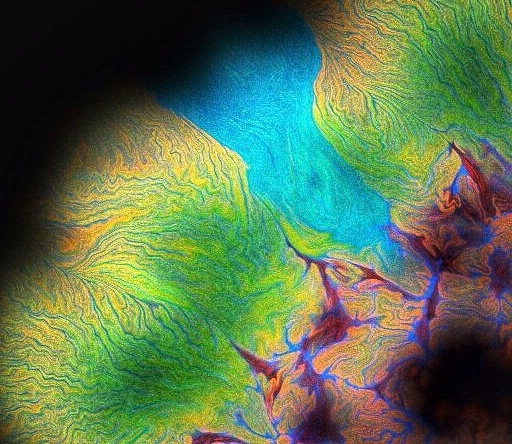
The Microbial Ecology section brings together scientists interested in how microorganisms interact with each other and with their environment. Different microorganisms rarely exist alone outside of the laboratory. Instead, they often assemble together to form communities. These communities consist of dense networks of interactions between different microorganisms and with their environment, with consequences for the dynamics and functioning of the community as a whole.
The Microbial Ecology section encompasses all aspects of the field, ranging from fundamental studies unravelling how pure cultures interact with their environment, to understanding the dynamics of synthetic microbial assemblages in defined environments, to elucidating the structure and functioning of complex communities in natural and engineered systems. For example, microbial communities govern nearly every biogeochemical process on our planet, biodegrade toxic pollutants and recycle nutrients that would otherwise have deleterious effects on environmental health, have important effects on agriculture and food security, and determine the health and survival of their hosts.
The goals of the Microbial Ecology section are two-fold. First, we bring microbial ecologists together to i) identify synergies and parallels across different systems, and i) share conceptual and technological advances of importance across the broader field of microbial ecology. Second, we promote young scientists in microbial ecology by highlighting their work and providing opportunities for them to present their work on national and international stages. To accomplish this, we organize events to share knowledge and provide opportunities for scientific exchanges and collaborations.
